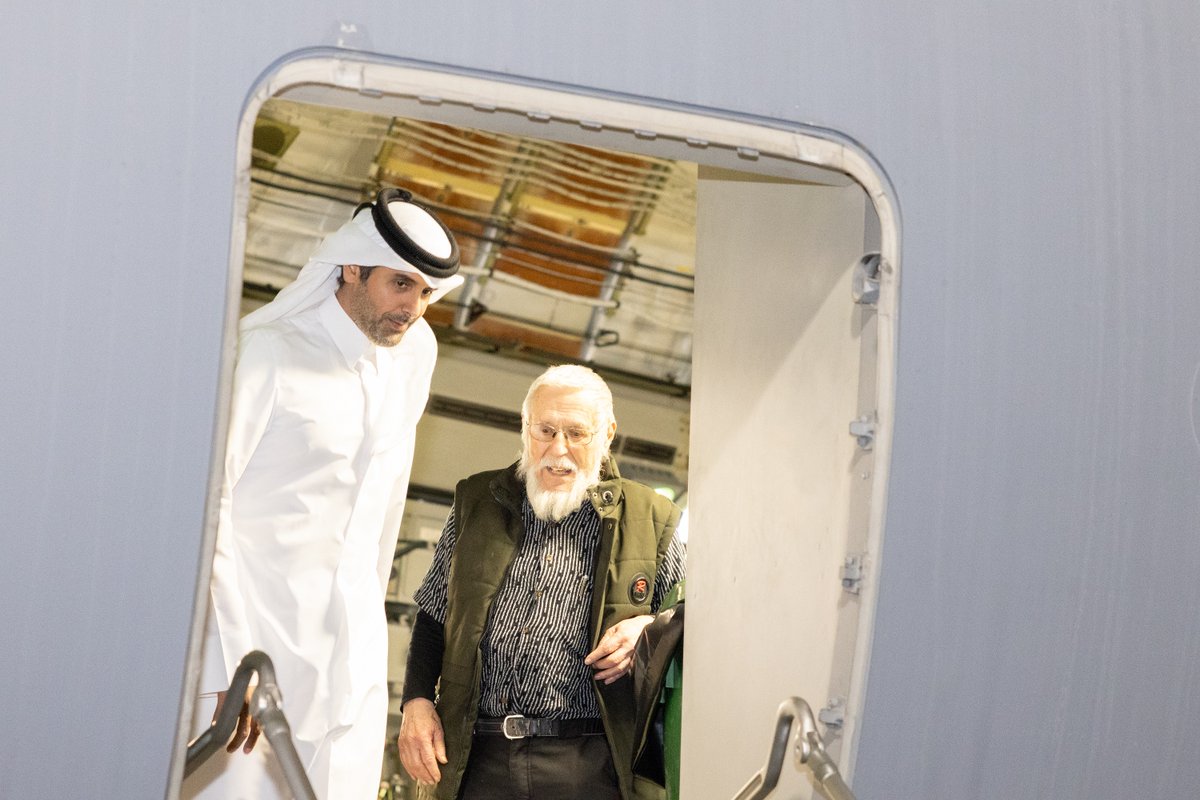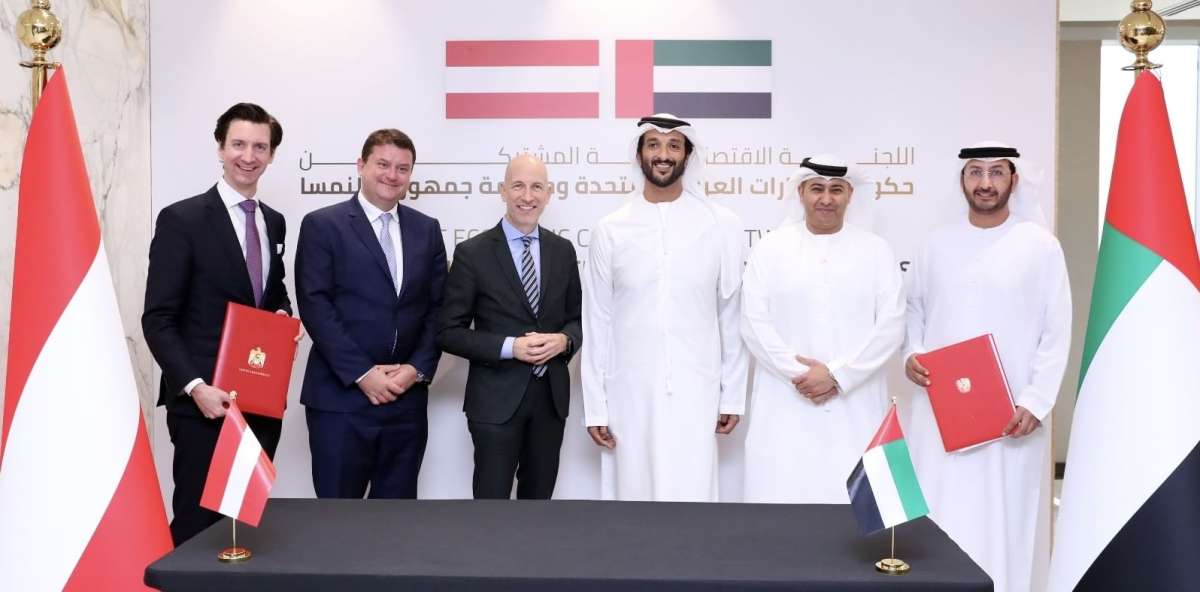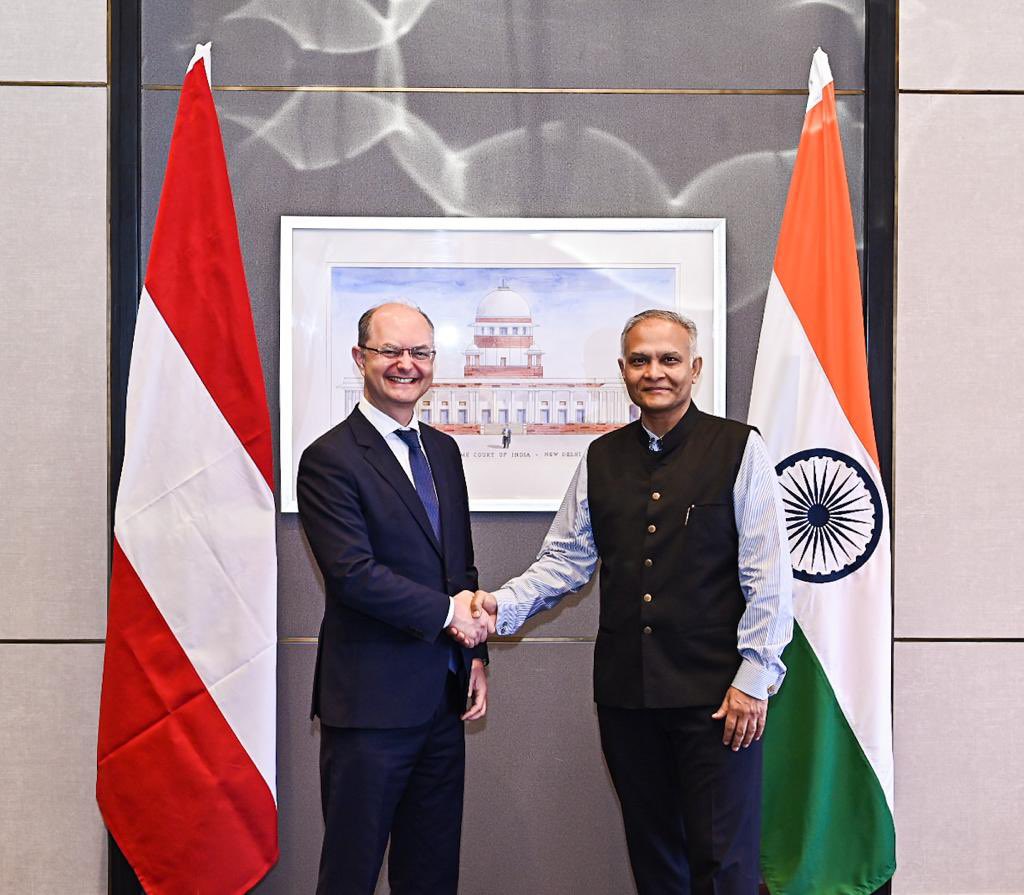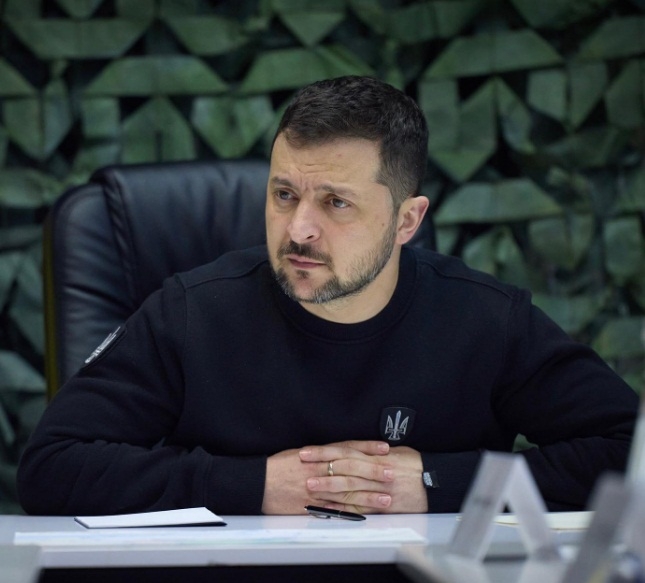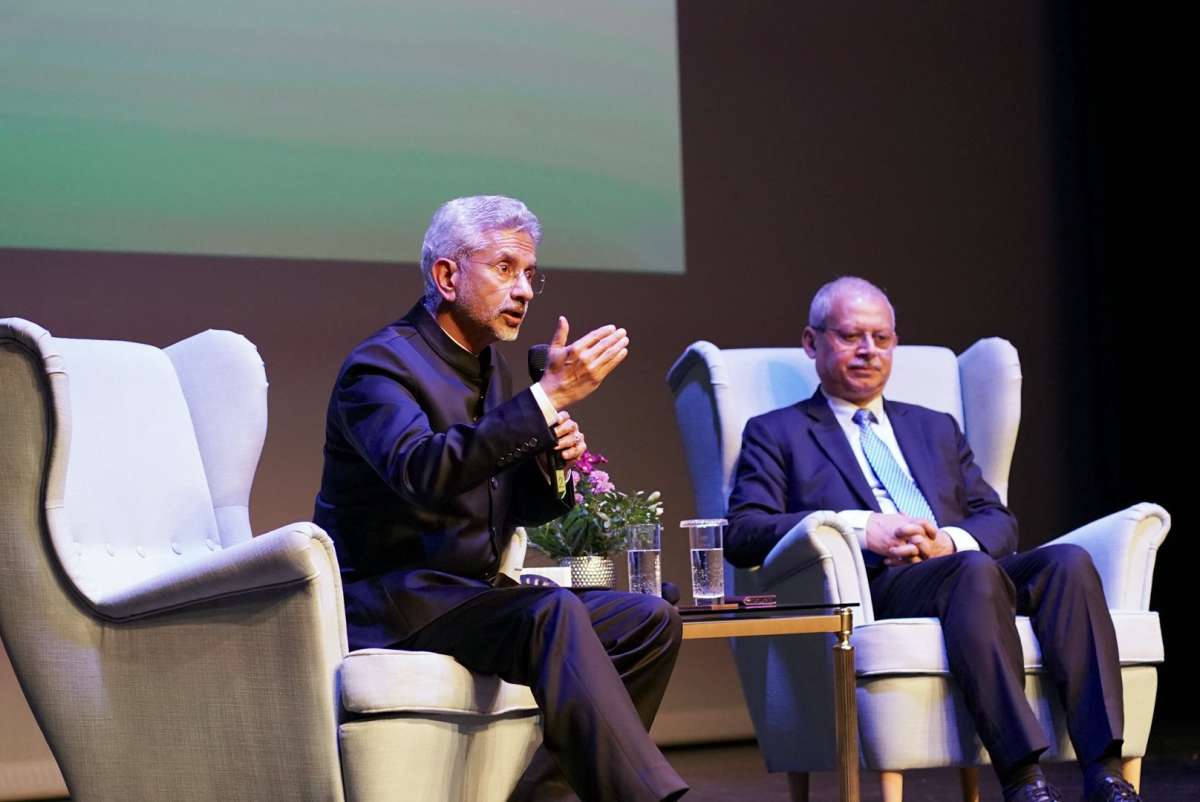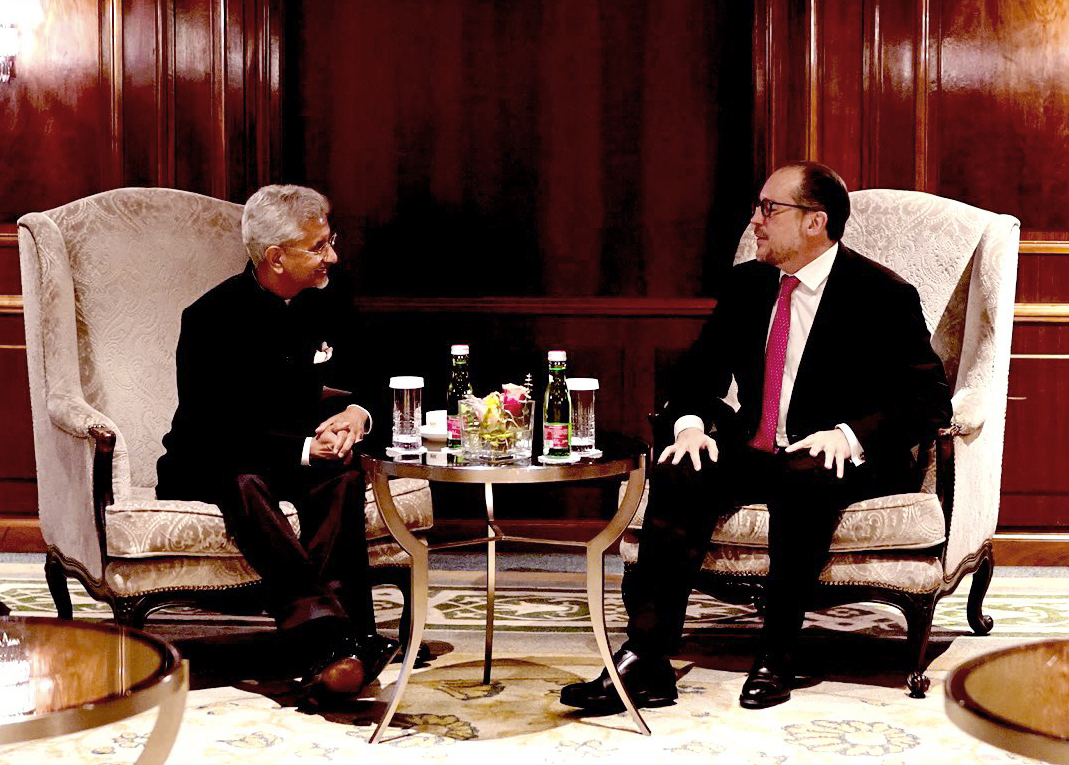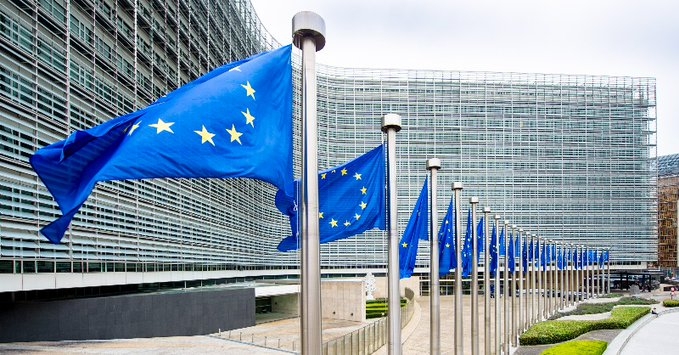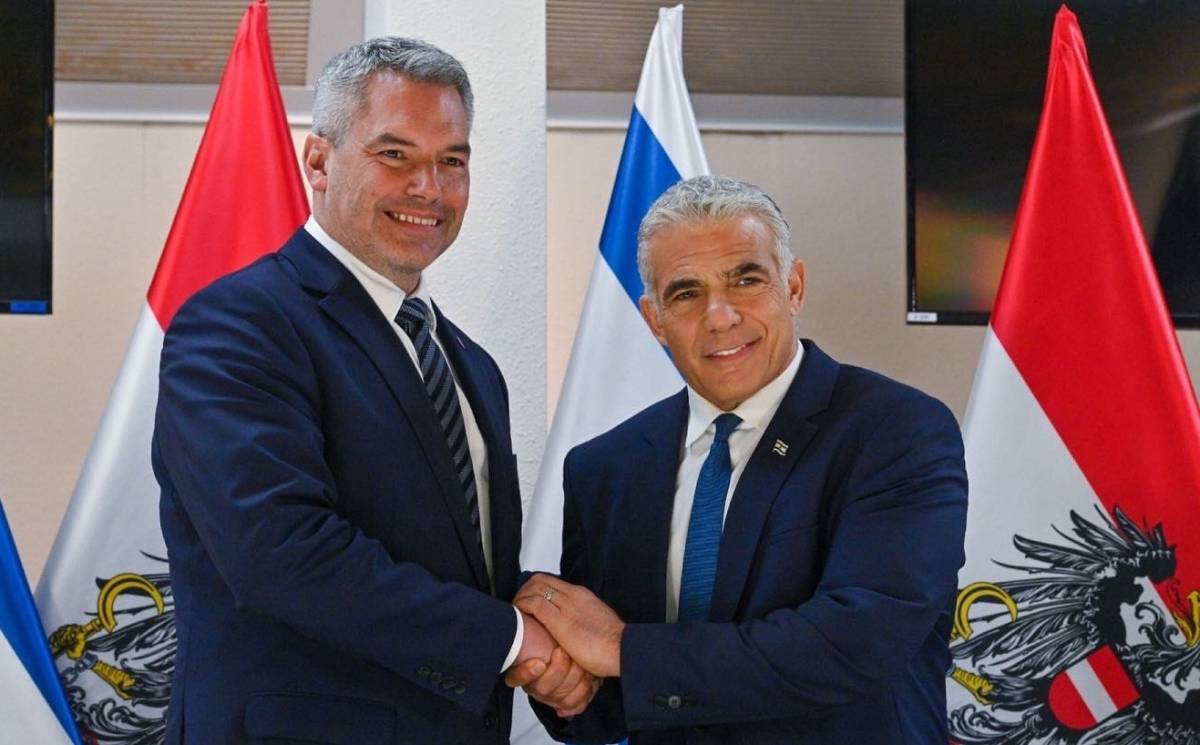Fritz was arrested after he disregarded Austria’s longstanding advisory against traveling to Afghanistan, which had fallen back under the control of the Taliban in 2021…reports Asian Lite News
The Taliban has released Herbert Fritz, an 84-year-old Austrian far-right activist who was apprehended in Afghanistan last May, Al Jazeera reported.
The Austrian government officially announced Fritz’s release in a statement on Sunday, revealing that he had safely arrived in Doha, Qatar, earlier in the day. The release was facilitated through the mediation efforts of the Qatari government.
Fritz was arrested after he disregarded Austria’s longstanding advisory against traveling to Afghanistan, which had fallen back under the control of the Taliban in 2021.
In response to his release, Fritz expressed a desire to visit Afghanistan again, stating, “I think it was bad luck but I want to visit again.” When questioned about his experience, he remarked, “There were some nice people but there were some foolish people also, I’m sorry,” about his captors, as reported by Al Jazeera.
The Austrian far-right activist had drawn attention prior to his arrest when he visited Afghanistan and reported positively on the living conditions there. He published an article titled “Vacations with the Taliban” through a far-right media outlet, contributing to arguments that Afghanistan was a safe destination for refugees to return. The Taliban arrested Fritz on suspicion of spying, and his case gained publicity among Austrian neo-Nazis through Telegram channels, the report added.
Austria’s Ministry of Foreign Affairs had been actively working on securing Fritz’s release since May, expressed gratitude to Qatar and the European Union representation in Kabul for their assistance. Austrian Chancellor Karl Nehammer acknowledged the Emir of Qatar, Sheikh Tamim bin Hamad Al Thani, and his team for their “strong support in releasing one of our citizens from prison in Afghanistan.” Nehammer emphasised the collaborative efforts that enabled the Austrian citizen to return home to his family.
Herbert Fritz, identified as a founding member of Austria’s National Democratic Party (NDP), an extreme right group banned in 1988, had reportedly been researching a book in Afghanistan, as asserted by the far-right Freedom Party of Austria. This party, leading in opinion polls ahead of upcoming parliamentary elections, had been actively advocating for Fritz’s release.
Qatar’s Ministry of Foreign Affairs expressed gratitude to the “caretaker government in Afghanistan” for facilitating the Austrian’s release.
“The State of Qatar has proven, regionally and globally, that it is a trusted international partner in various important issues,” the ministry said, adding, “It spares no effort in harnessing its energy and ability in the areas of mediation, preventive diplomacy, and settling disputes through peaceful means,” Al Jazeera reported. (ANI)
ALSO READ-UAE Invites Austrian Private Sector to Explore its Markets

